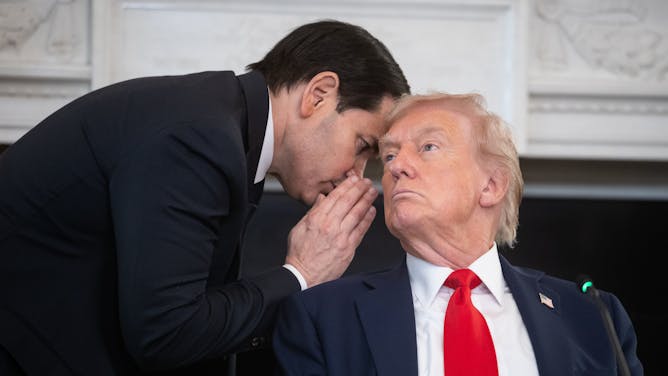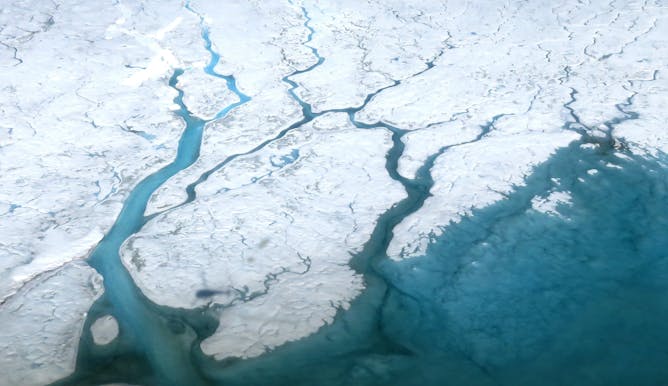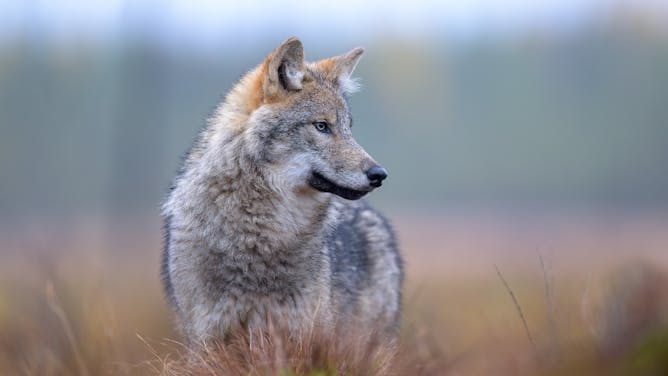|
US President Donald Trump visited the Middle East to witness the first phase of the Gaza peace deal in person: the release of the remaining Israeli hostages held by Hamas, and Palestinian prisoners held by Israel.
Should the peace hold, this will be a crowning foreign policy moment of his second presidential term, with some Israelis hailing him as Cyrus the Great reborn. (And here’s what that means, in case your biblical references are a little rusty.)
So, how did he do it? US politics analyst Lester Munson says Trump is taking an unconventional, high-energy and fast-moving approach to foreign policy that has netted some immediate successes.
His use of deal-making envoys such as Steve Witkoff and Trump’s son-in-law Jared Kushner, coupled with his own personal diplomacy, has been welcomed in the Middle East where conventional diplomacy is fraught with historical baggage.
But is this style sustainable? Munson says the true test of Trump’s foreign policy may not even be Gaza – he has other deals he’s energetically trying to secure.
|

US Secretary of State Marco Rubio (left) whispers to President Donald Trump at the White House on October 8.
Francis Chung/Politico pool/EPA
Lester Munson, University of Sydney
Trump’s foreign policy approach is fast-paced and intensely personal. The true test of its success won’t be Gaza, but geostrategic conflicts with China and Russia.
|

Meltwater runs across the Greenland ice sheet in rivers. The ice sheet is already losing mass and could soon reach a tipping point.
Maria-José Viñas/NASA
Alexandra A Phillips, University of California, Santa Barbara
A report warns that coral reefs may have reached their tipping point, and ice sheets, ocean currents and the Amazon are at growing risk. But, what does that actually mean?
|

Diane Keaton in 2014.
EPA/Walter Bieri
Jen Harvie, Queen Mary University of London
In later life, Keaton found and created roles that continued to challenge expectations about how women can behave,
|

Bjorn H Stuedal/Shutterstock
Kristian Kongshøj, Aalborg University; Troels Fage Hedegaard, Aalborg University
As wolves reappear, Danes are divided – a new poll shows just how much.
|
|
|
-
John Hawkins, University of Canberra
Collectively, the trio’s work has examined what drives sustainable economic growth over time, including scientific innovation and the birth and death of firms.
-
Gemma Ware, The Conversation
Listen to Shimon Sakaguchi, one of the 2025 Nobel laureates in medicine, talk about his research on The Conversation Weekly podcast.
-
Lucy E. Hyde, University of Bristol
Historical anatomy textbooks are built on the bodies of prisoners, the poor and the powerless – and we’re still using them today.
-
Beth Johnson, University of Leeds
By placing menopause at the centre of a punk-inflected drama, Wainwright opens a new televisual space for midlife women.
-
Jessie Hamill-Stewart, University of Bath
Satellites can carry out jamming and intelligence gathering from other spacecraft.
|
|